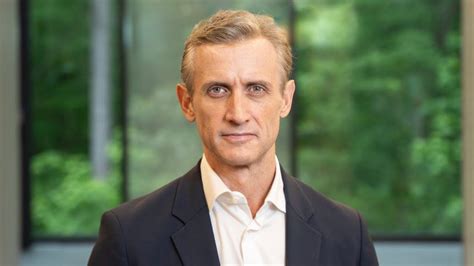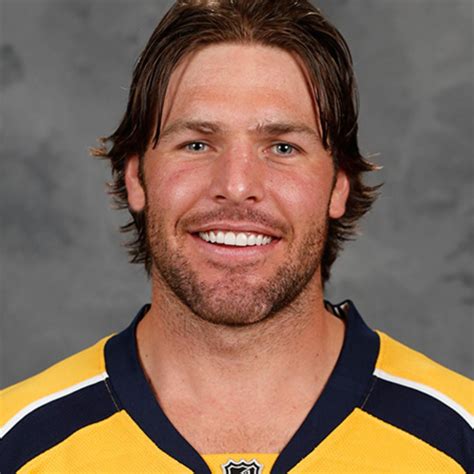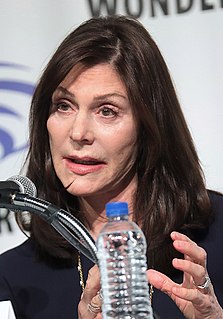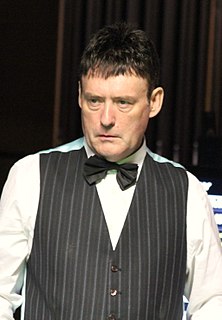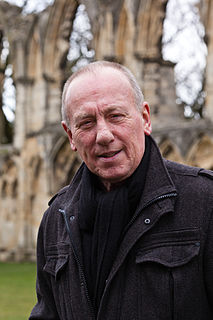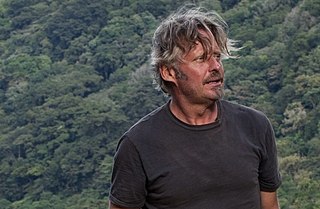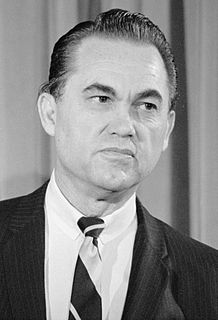A Quote by Dan Abrams
In 2003, I had testicular cancer, and I didn't tell anyone about it - maybe five people. I had a fairly significant surgery. I was weak, slumped over. I told people at work I'd been in an accident.
Related Quotes
In 1995, I was diagnosed with cancer, and I had to practice what I preached. I had always said to 'believe in God' and 'don't give up' to little kids who had been diagnosed with cancer. I then thought if I can't call on that same God and same strength that I told people about, I would be a liar and a phony.
It was like they waited to tell each other things that had never been told before. What she had to say was terrible and afraid. But what he would tell her was so true that it would make everything all right. Maybe it was a thing that could not be spoken with words or writing. Maybe he would have to let her understand this in a different way. That was the feeling she had with him.
They didn't tell me what type of cancer I had. They didn't tell me what stage I was in. They just told me, 'Mr Gomez, you have cancer.' My life flashed before my eyes. I thought about my kids, I thought about my wife. Nothing prepares you for the shock of someone telling you you have that horrible disease.
You know, we've been right on everything, haven't we? We told people about drones five years ago, didn't we? We told people about the NSA five years ago, didn't we? We told them about indefinite detention. We told them you can't come after the internet, that's unconstitutional. You can't do warrantless searches, that's unconstitutional.
Funny enough, if you are looking at people these days who are putting Botox in their face and getting all sorts of plastic surgery, we look at them and go, I can tell you've had Botox. I can tell you've had plastic surgery. You look really strange to me. But no one's saying anything. We're just accepting the fact that they're strange-looking.
I had just finished playing a doctor in Doctors' and I had had to tell somebody that they had cancer. In that moment I thought, He's doing what I did!' We sat down and he said, I'm sorry, Mr. Timothy, but I've got bad news.' I thought, Oh!' He told me that they had found cancerous cells, but not a lot.
One of the pitfalls about writing about illness is that it is very easy to imagine people with cancer as either these wise-beyond-their-years creatures or these sad-eyed tragic people. And the truth is, people living with cancer are very much like people who are not living with cancer. They're every bit as funny and complex and diverse as anyone else.
About 95% of the people listening to me agree with me. But I can continue to work with half or 30 or 20% of the audience hating me. In fact, one of the things I've had to do psychologically, in order to thrive, I've had to learn how to take being reviled and hated as a sign of success. Most people are not raised - I certainly wasn't - to want to be hated. I can only think maybe one or two people who were. Hitler. Maybe somebody else. Maybe Saddam.
